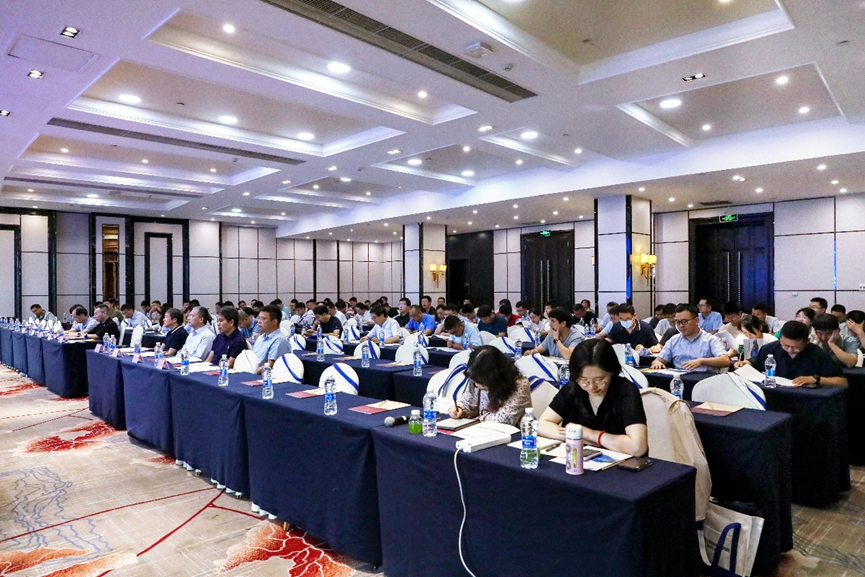
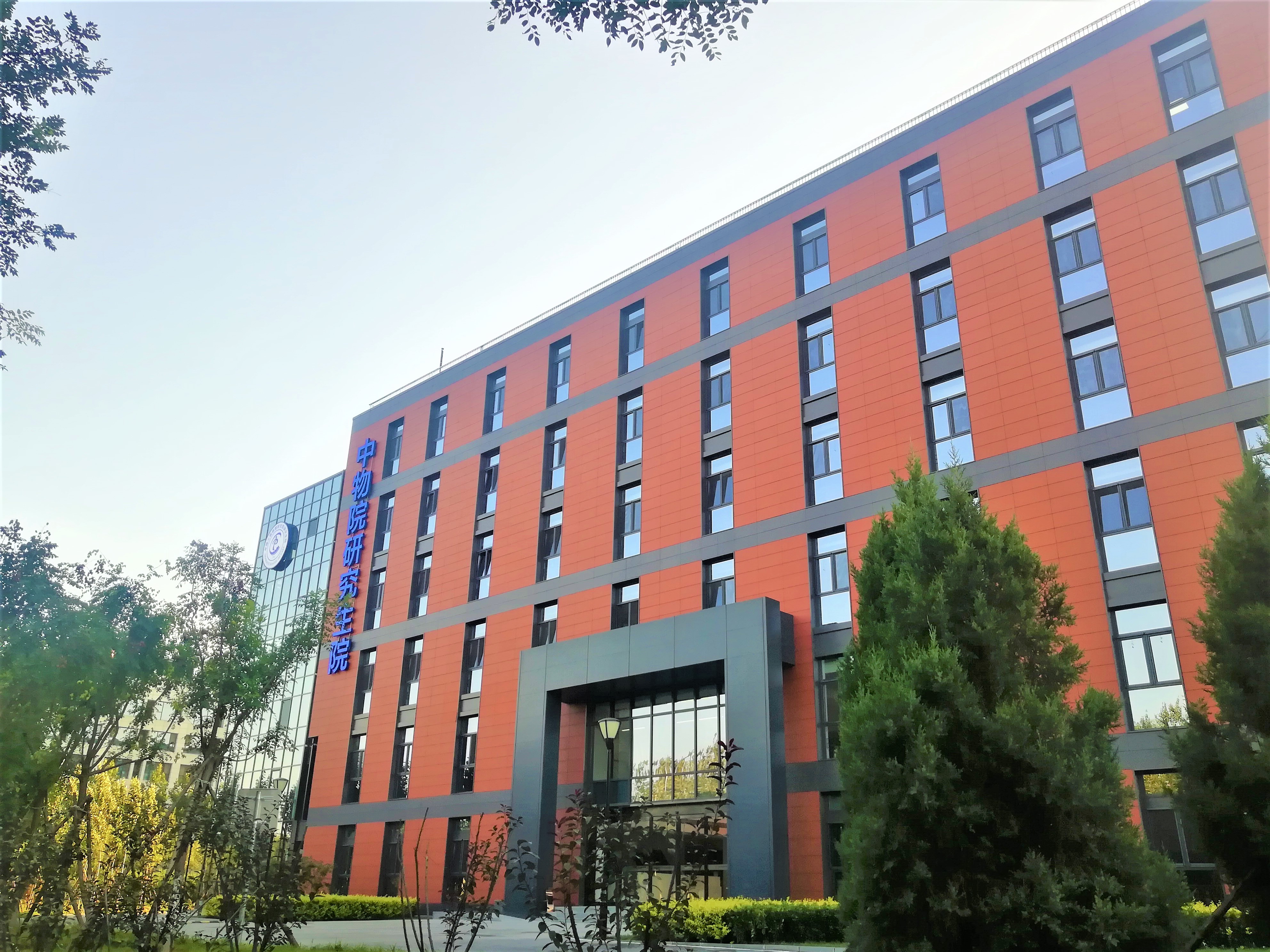
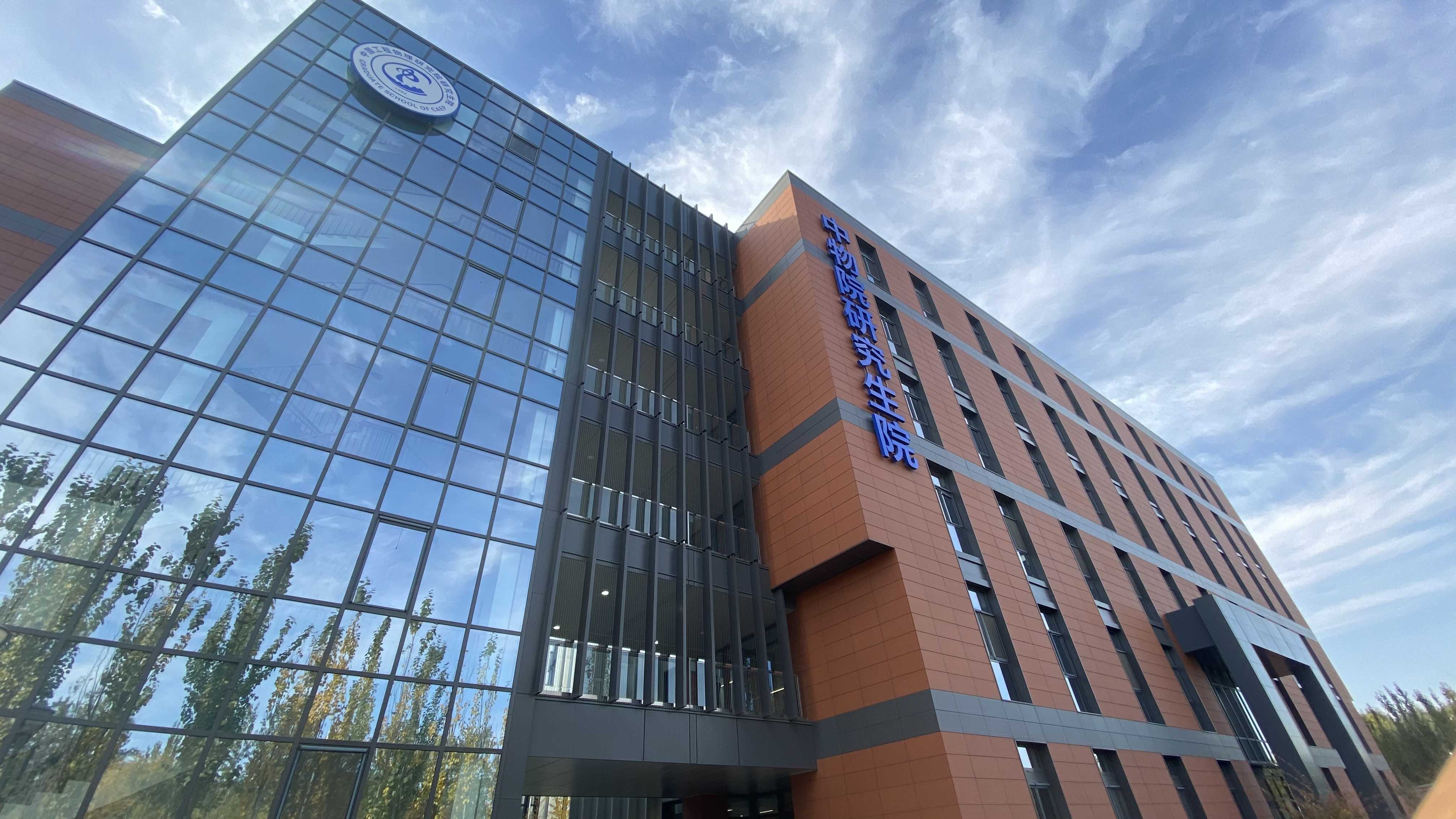
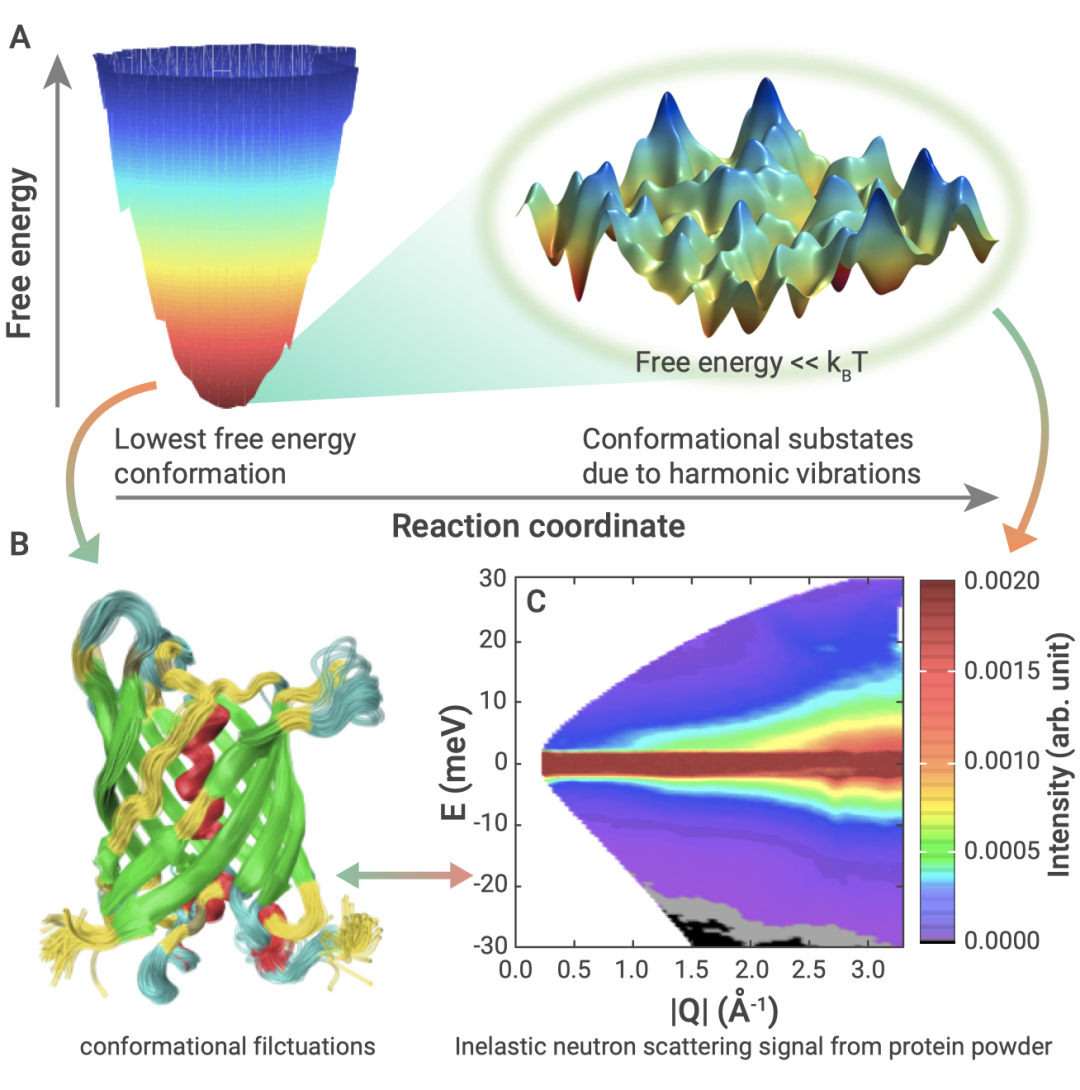

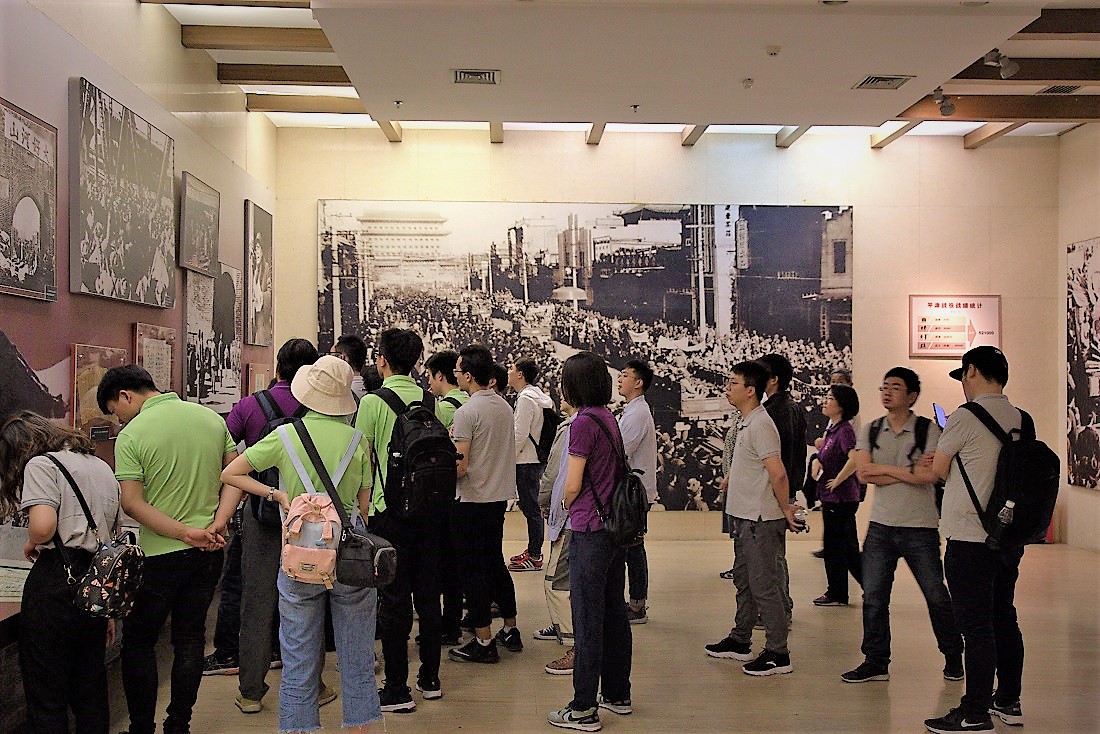









From May 26 to 27, the 2025 Graduate Advisor Training of the China Academy of Engineering Physics (CAEP) was successfully held in Mianyang. This training focused on core issues in graduate education and brought together internal and external experts and scholars, 119 advisors based in Sichuan, and personnel from graduate education management departments. Through keynote lectures, policy interpretations, and interactive discussions, the event injected fresh momentum into enhancing advisors' mentoring capacity and improving the graduate education system.
The training opened with a welcome speech by Jialiang Ni, Party Secretary of the Graduate School. He emphasized the vital role of advisors in graduate education and expressed hopes that the training would serve as a platform for mutual learning and exchange. He also put forward earnest expectations, encouraging advisors to remain committed to moral and character development, enhance their professional competencies, and improve their ability to guide graduate students—ultimately contributing to the nation's need for high-level, well-rounded, and innovative talent.
Peixiang Lu, Professor at Huazhong University of Science and Technology, delivered a lecture titled “Heaven Rewards Diligence: A Discussion on Graduate Education with Everyone.” Drawing on his extensive experience, he offered deep insights into key issues and challenges in graduate training, resonating strongly with the audience.
Wei Su, a senior researcher from Institute 5 and an experienced advisor, shared his personal perspectives on graduate supervision. He discussed communication strategies and techniques between adviso rs and students, advocating for a relationship built on mutual respect and understanding.
Libin Fu, Deputy Dean of the Graduate School, presented a talk titled “Advisor: The First Person Responsible for Graduate Training.” He systematically explained the advisor’s responsibilities and training requirements, emphasizing the need for leadership in academic guidance, value orientation, and career planning.
Yun Zhang, Director of the Department of Psychosomatic Medicine at Mianyang Central Hospital, gave a presentation titled “Hearts Connected, Nurturing Like Spring Rain: The Art of Emotional Dialogue Between Advisors and Graduate Students.” Through case analyses, she highlighted the importance of paying attention to graduate students' mental health and shared effective communication techniques.
Dong Liu, a researcher from Institute 2, shared personal reflections on graduate supervision. He presented concrete examples to illustrate how to help students with diverse academic backgrounds grow into successful professionals.
Departments including the Student Affairs Office and the Admissions and Training Office provided detailed interpretations of key policies related to student management, scholarship and funding systems, admissions procedures, critical stages in recruitment, quality control during training, thesis review, and random inspections—offering advisors practical guidance for aligning with the latest policy directions.
During the discussion session, advisors engaged in lively conversations on topics such as student participation in academic activities, quality control of dissertations, and joint training programs. The atmosphere on-site was active and engaging.
This advisor training covered theoretical exploration, policy interpretation, and sharing of practical experience, combining both professionalism and applicability. Participating advisors unanimously expressed that the training deepened their understanding of their educational responsibilities and that they would continue to dedicate themselves to graduate supervision with renewed enthusiasm and scientific approaches—contributing to the cultivation of high-level talent with both ability and integrity.
